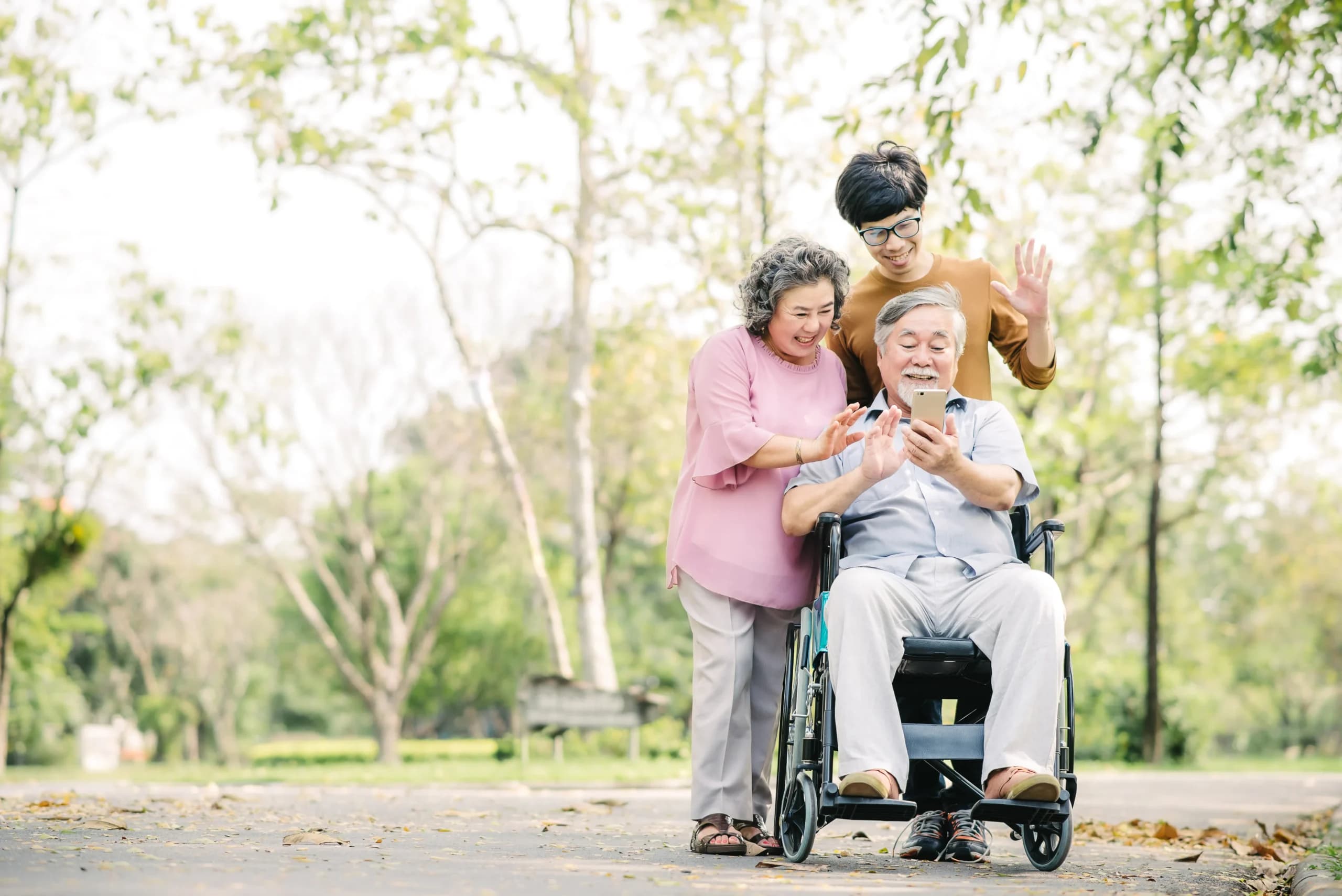April 29, 2025
How to Share Caregiving Responsibilities with Family
Caring for your loved one is a meaningful and rewarding experience, but it can also be overwhelming when done alone. Sharing caregiving responsibilities with your family members eases the emotional and physical toll, improves the quality of care and fosters a greater sense of teamwork.
Clear communication, planning, and mutual respect are essential for building a caregiving team that works well together.

Identifying Each Family Member’s Strengths and Availability
Understanding what each family member can realistically contribute is the first step in dividing caregiving duties. Everyone has different strengths, schedules, and comfort levels when it comes to caregiving.
Here are some steps to get started:
Assess individual skills: One person might be great at organizing appointments and managing paperwork, while another is more comfortable helping with physical tasks like bathing or meals.
Consider availability: A family member who lives nearby may be able to handle in-person visits, while someone located farther away could offer support by coordinating services or managing finances.
Respect comfort zones: Some relatives may not feel comfortable providing hands-on care but are happy to offer emotional support or handle errands.
Creating a Caregiving Plan That Works for Everyone
A written plan can reduce misunderstandings and help everyone stay on the same page. This plan should outline each person’s role, set expectations, and leave room for flexibility.
Start by discussing your loved one’s current and future needs, then divide responsibilities based on each family member’s capacity to help. Use a shared calendar or document to track tasks and schedules. Maintaining open lines of communication is crucial, so schedule regular check-ins so everyone can voice concerns and adjust roles if needed.
Utilizing Technology and Tools for Better Coordination
Digital tools can make it easier to stay organized and connected, especially when family members live in different cities and have busy schedules.
Apps like CaringBridge, Lotsa Helping Hands, and Google Calendar can be used to schedule shifts, log medication updates, track appointments, and send reminders. Group chats or email threads are other effective tools for keeping everyone informed about changes and emergencies. Those tools streamline caregiving and reduce the chances of overlap and confusion.
Managing Conflicts and Setting Boundaries
Disagreements may arise even in the most cooperative families. When they do, it’s important to address them calmly and constructively.
Settle disagreements by:
- Setting realistic expectations: Understand that not everyone can contribute equally, and that’s okay.
- Having regular family meetings: Talk openly about what’s working and what isn’t.
- Respecting boundaries: If someone isn’t comfortable with certain tasks, find a different way for them to contribute.
- Focusing on the shared goal: Remind one another that the priority is your loved one’s well-being.
Seeking Outside Help When Needed
Sometimes, even the most hands-on family needs additional support. Professional caregiving services and senior living communities can help fill in the gaps.
The following scenarios may suggest it’s time to seek professional care:
Tasks become too complex or time-consuming: Medical care, dementia support, or mobility challenges may require skilled professionals.
Caregiving is affecting your mental or physical health. Burnout is real, and seeking help is a sign of strength, not weakness.
Family members are no longer available to provide daily care. In-home caregivers, respite services, and adult day programs can be a great solution.
Moving Forward as a Supportive Caregiving Team
Sharing caregiver responsibilities with family isn’t always easy, but with the right tools, communication, and mindset, it can be deeply rewarding. Remember to check in with one another regularly, acknowledge each person’s contributions, and stay adaptable as your loved one’s needs evolve.
By working together, your family can create a compassionate, manageable support system that benefits everyone, especially your loved one.
Embassy Healthcare has a variety of adult daycare, assisted living, skilled nursing and long-term care facilities that are designed to help your senior get the level of care they need. Schedule a tour and learn more.
